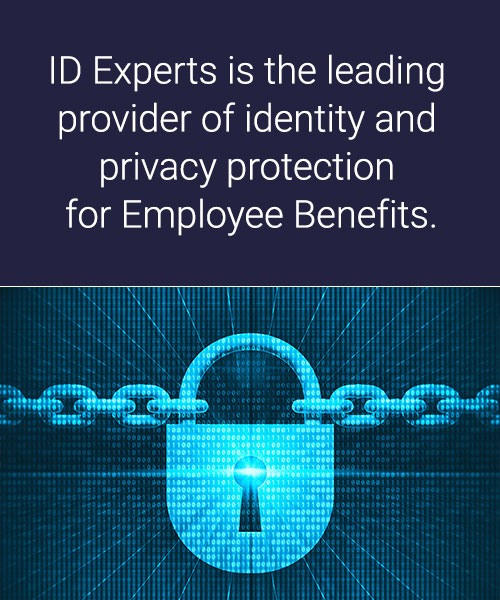
Since the start of the pandemic, our IDX Care team has received a flood of calls from members reporting fraudulent unemployment claims that were filed using their Social Security numbers and other personal information. Federal law enforcement agencies confirm that unemployment fraud is, in fact, exploding. For Americans who’ve been laid off or furloughed during the COVID-19 epidemic, the government’s extended unemployment benefits are a lifeline, and to see these benefits going to criminals instead of the people they’re intended to help is upsetting to say the least. But businesses who protect their employees from identity theft can help thwart this terrible new form of identity fraud.
Here’s how bad the situation has become: Multiple states have reported a surge in fraudulent unemployment claims, and the U.S. Secret Service has been able to trace the crimes to a Nigerian crime ring. They warn of “potential losses in the hundreds of millions of dollars.” Reports of fraudulent claims in Washington state alone increased by 27x between March and April. Employers are not only receiving fraudulent claims for people they still employ, but for employees that haven’t worked there for years and for people they never hired. Some scammers are even reaping profits in two ways: charging unemployed workers for “help” filing their unemployment claims and then using that to steal their unemployment benefits.
Keep Your Employees Safe from Hidden Threats Get The Detect & Protect Checklist
The IDX Care team is helping our members to fight this crime and prevent further identity and privacy theft issues from occurring, but businesses can help to prevent unemployment fraud from happening to their employees.
Here’s how you can help prevent unemployment fraud:
- Warn staff or third-party contractors who process unemployment claims to read them carefully and follow up on any inconsistencies.
- Warn employees to be on the lookout for unexpected mail from their state employment department and report problems immediately.
- Report any fraudulent claims immediately to the state unemployment department. If a fraudulent unemployment claim has already been accepted and insurance funds were paid out, a call to the unemployment department is still required.
- If one of your employees is the victim of unemployment or other identity fraud, our Blanket Recovery Service is there to assist until the case is resolved.
If your employer doesn’t yet cover you with identity theft protection, here are steps that you can take to help negate this fraud:
- Notify your employer immediately if you receive unsolicited paperwork from your state’s employment department.
- Some experts recommend that you should open an account with your state’s employment department even if you are currently employed, so that you are alerted immediately if there’s been a claim submitted by a third party without your knowledge/consent.
- If you do fall victim to unemployment fraud, we recommend that you place a fraud alert on your credit file with the major credit bureaus and place verbal passwords on your financial accounts. (Most financial institutions allow you to establish a verbal password that lets you call and make changes to the accounts over the phone. This is a good preventative measure when you know that scammers have your personal information.)
On top of all of the stress that COVID-19 has placed on Americans, it’s unacceptable that the money meant to provide security for and stimulate the economy is ending up in the hands of others. Worse still if someone really needs unemployment assistance and finds a thief has already absconded with their benefits. But scammers will always find a way to exploit good intentions like helping people ride out the pandemic. So, it’s up to American workers and employers to stop them!
Keep Your Employees Safe from Hidden Threats Get The Detect & Protect Checklist
About IDX
We're your proven partner in digital privacy protection with our evolving suite of privacy and identity products.





